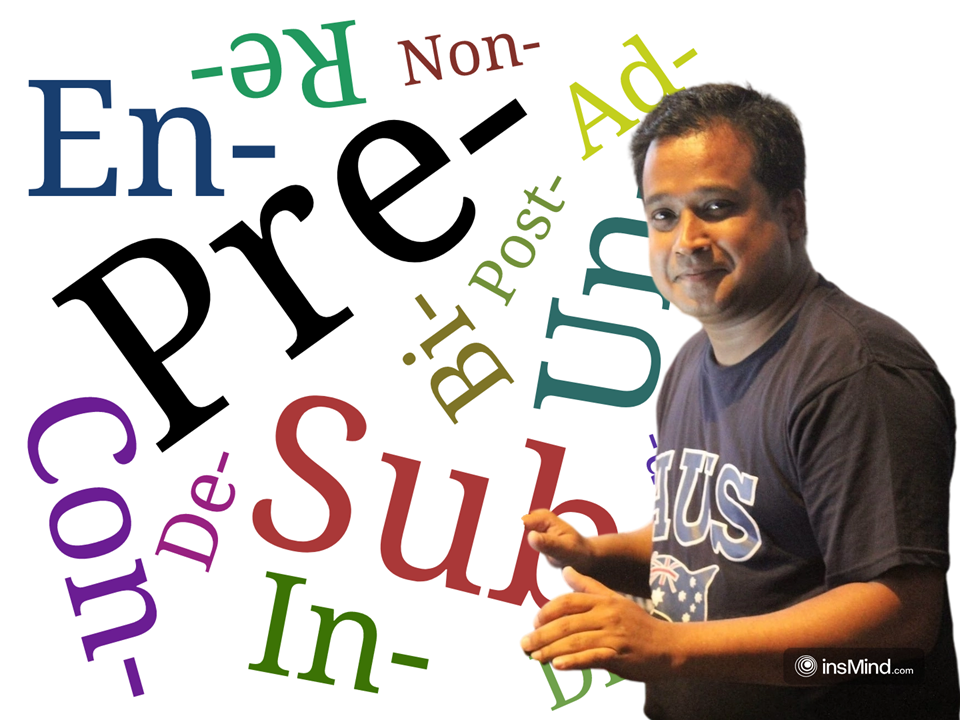Reading Passage
A.
Introduction The way we live is constantly evolving, influenced by technological advancements, environmental concerns, and shifting societal needs. Over the next few decades, our homes, cities, and daily lifestyles will undergo significant transformations. Smart cities, artificial intelligence (AI), and sustainable living solutions will define the future of human habitation. With rapid urbanization and climate change, there is a growing demand for housing solutions that are efficient, eco-friendly, and technologically advanced.
B.
Smart Homes and AI Integration One of the most remarkable advancements in future living is the rise of smart homes. These residences will be equipped with AI-driven assistants that control lighting, temperature, and security systems based on residents’ preferences. Automated home maintenance, energy-efficient appliances, and voice-activated controls will enhance convenience. Moreover, AI will personalize user experiences, learning from daily habits to optimize living conditions. A smart home of the future may even predict its owner’s needs, from adjusting the lighting to ordering groceries automatically.
C.
Sustainable Living and Green Technologies The growing concerns about climate change have made sustainability a top priority for urban planners. Future living spaces will incorporate green technologies such as solar panels, rainwater harvesting, and smart grids that reduce energy consumption. Eco-friendly materials, like self-healing concrete and biodegradable insulation, will be standard in construction. Additionally, urban farming and vertical gardens will allow city dwellers to grow food in their homes, reducing reliance on industrial agriculture. Sustainability will no longer be an option but a necessity.
D.
Challenges and Solutions While future living promises comfort and efficiency, it also poses challenges. The widespread use of AI raises concerns about privacy and data security, as smart homes continuously collect user information. Additionally, implementing sustainable housing on a large scale requires significant investment and infrastructure changes. To address these issues, governments and tech companies are working on strict data protection laws and developing cost-effective eco-friendly building materials. The integration of decentralized energy sources, like microgrids, will ensure that future homes remain independent and resilient.
E.
Urban Planning and Future Cities Cities of the future will be designed with sustainability and smart technology in mind. Urban planners are focusing on self-sufficient neighborhoods where renewable energy powers homes and electric vehicles dominate the streets. High-speed public transport, smart traffic management, and car-free zones will enhance mobility and reduce pollution. The concept of "15-minute cities," where all essential services are within a short walk or bike ride, is gaining popularity. Furthermore, AI-driven traffic systems will minimize congestion, making urban life more efficient.
F.
A Look into the Future Statistical projections indicate that by 2050, nearly 70% of the world’s population will reside in urban areas. According to the International Energy Agency, renewable energy will supply more than 50% of the world’s electricity by 2040. The integration of AI into daily life is expected to grow, with over 80% of homes adopting some form of automation. In terms of housing, 3D-printed homes and floating cities may become mainstream solutions to accommodate rising populations and climate challenges.
G.
Conclusion Future living is about balancing technological advancements with environmental sustainability. While smart homes and AI will enhance convenience, green technologies will ensure a habitable planet. As society adapts, policymakers, urban planners, and innovators must collaborate to create a world that is both technologically advanced and ecologically responsible. The future of living is not just about innovation—it is about sustainable progress for generations to come.
Questions
Future Living: Reading Comprehension Exercise
1. What is the main topic of the passage?
2-5. Match each paragraph (A-F) to its main idea:
- Introduction to future living:
- Challenges and solutions:
- Smart homes and AI:
- Urban planning and cities:
6-10. True, False, or Not Given:
- Future cities will rely entirely on AI.
- Self-driving cars will be banned.
- Smart homes will collect user data.
- Green technologies will reduce energy consumption.
- AI will replace all human jobs.

